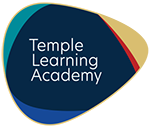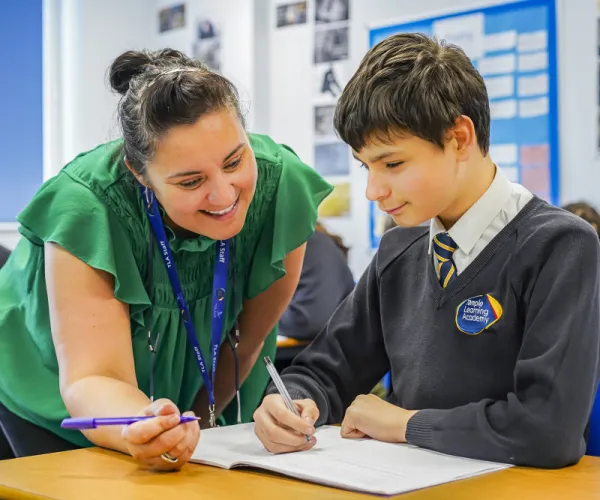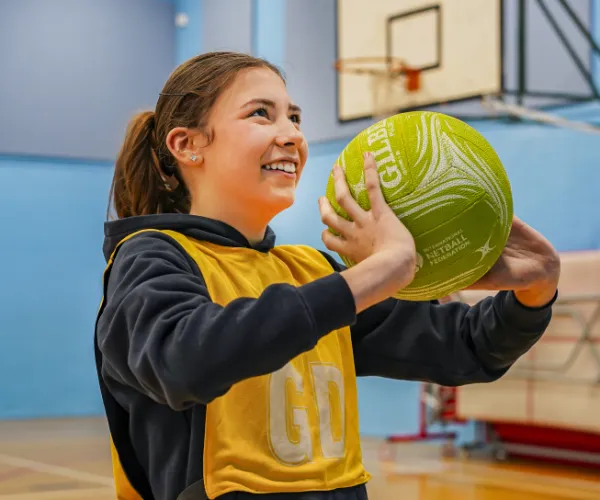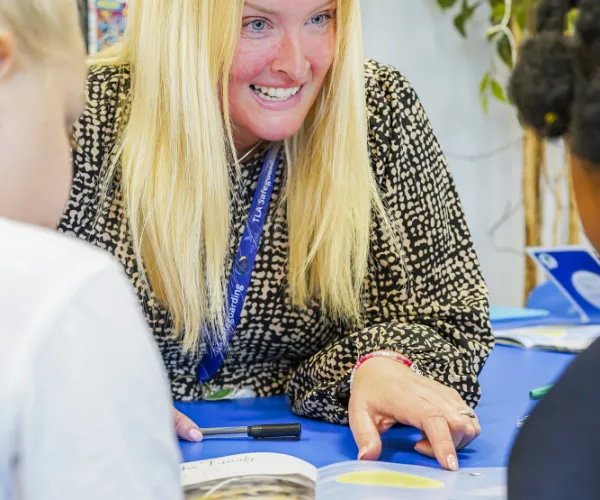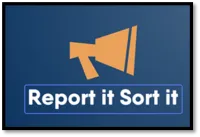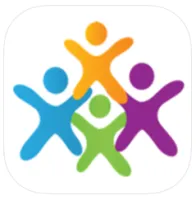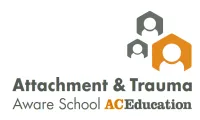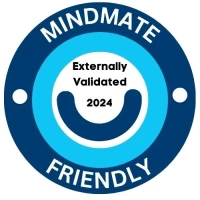Assessment
 As part of learning, assessments are completed to help teachers plan for the next steps in your child's learning and ensure that this is pitched correctly to be supportive yet challenging.
As part of learning, assessments are completed to help teachers plan for the next steps in your child's learning and ensure that this is pitched correctly to be supportive yet challenging.
Assessment is not just completed through traditional “tests”. Teachers are vigilant of how well students are learning at all times – observing their group work, reading and listening to their answers in lessons, marking their books, asking questions and completing activities in lessons. This is Formative assessment, and allows teachers to be vigilant students are making the progress they need to. Formative assessment and is crucial in moving your child on at pace so that their learning opportunity is developed.
More formal assessments are managed differently for students depending on their age.
Primary Phase
At three key points in the year a more formal, summative assessment is completed. As part of the Red Kite Learning Trust, we use the NTS Tests for each year group to help give a standardised assessment to each child. In Autumn, Spring and Summer, every child will complete appropriate assessments for their ability. From this, leaders, teachers and other adults, plan learning and support in order to support your child in making progress. Throughout the Primary phase there are a number of external assessments that are reported to the Department for Education and Leeds Local Authority. These are used as a benchmark to compare TLA to other, similar, schools across the city and country.
| Reception | National Reception Baseline |
| Year 1 | Phonics Screening Check |
| Year 2 |
National SATs tests in Reading and Maths Phonics Screening Check |
| Year 4 | Multiplication Check |
| Year 6 | National SATs tests in Reading and Maths |
In the Secondary Phase
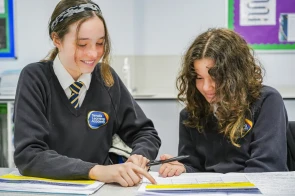 Each subject will complete end of unit assessments and evaluate how well students have progressed across the unit of study. This might be in the form of a formal test paper – with longer written answers or quizzes. Alternatively, it could be assessed piece of practical work – for example in Art, Music or Technology. These formal assessments are used alongside teacher assessments of classwork to judge the level of progress a student is making.
Each subject will complete end of unit assessments and evaluate how well students have progressed across the unit of study. This might be in the form of a formal test paper – with longer written answers or quizzes. Alternatively, it could be assessed piece of practical work – for example in Art, Music or Technology. These formal assessments are used alongside teacher assessments of classwork to judge the level of progress a student is making.
We tend to avoid “exam style” work in KS3 but students will be given formal exam style papers from time to time so they are able to build up confidence in these formal test situations.
In KS4, we give students a significant amount of support preparing for formal, terminal exams. This includes mock exams in both Year 10 and Year 11. These mock exams are treated like the “real thing” in line with requirements from the JCQ. This allows us to see how well a student can demonstrate their learning over time in the intensity of an exam.
Subject leaders work together to try and avoid students having multiple assessments to prepare for at the same time, but this does sometime become unavoidable. If this is an issue for your child, please do not hesitate to contact school so we can help.
- Overview
- Curriculum Vision
- Primary Phase
- Secondary Phase
- Daily Excellence
- Secondary Specific
- Our Curriculum Subjects
- Child Development Curriculum
- English Curriculum
- Maths Curriculum
- Science Curriculum
- MFL - Languages Curriculum
- History Curriculum
- Geography Curriculum
- Religious Education Curriculum
- Art Curriculum
- Music Curriculum
- Drama Curriculum
- Design Technology Curriculum
- ICT Curriculum
- PE and Sport Curriculum
- Citizenship Curriculum
- PSHCE/Personal Development Curriculum
- Secondary Assessment
- Personal Development (RSE/PHSE/SMSC)
- Year 9 Options Choices
- GCSE Exam Information
- Reading at TLA
- Home/Remote Learning
- National Assessments and Exams
- Library
